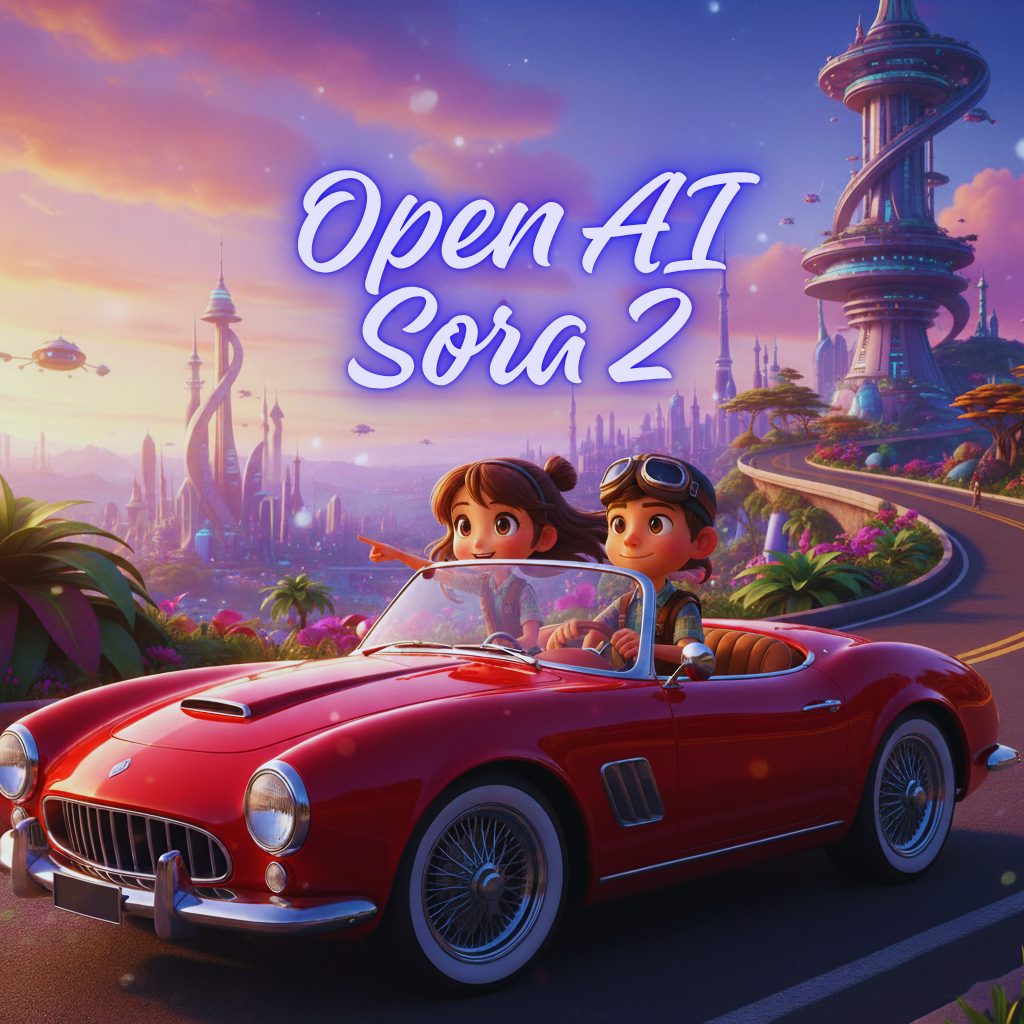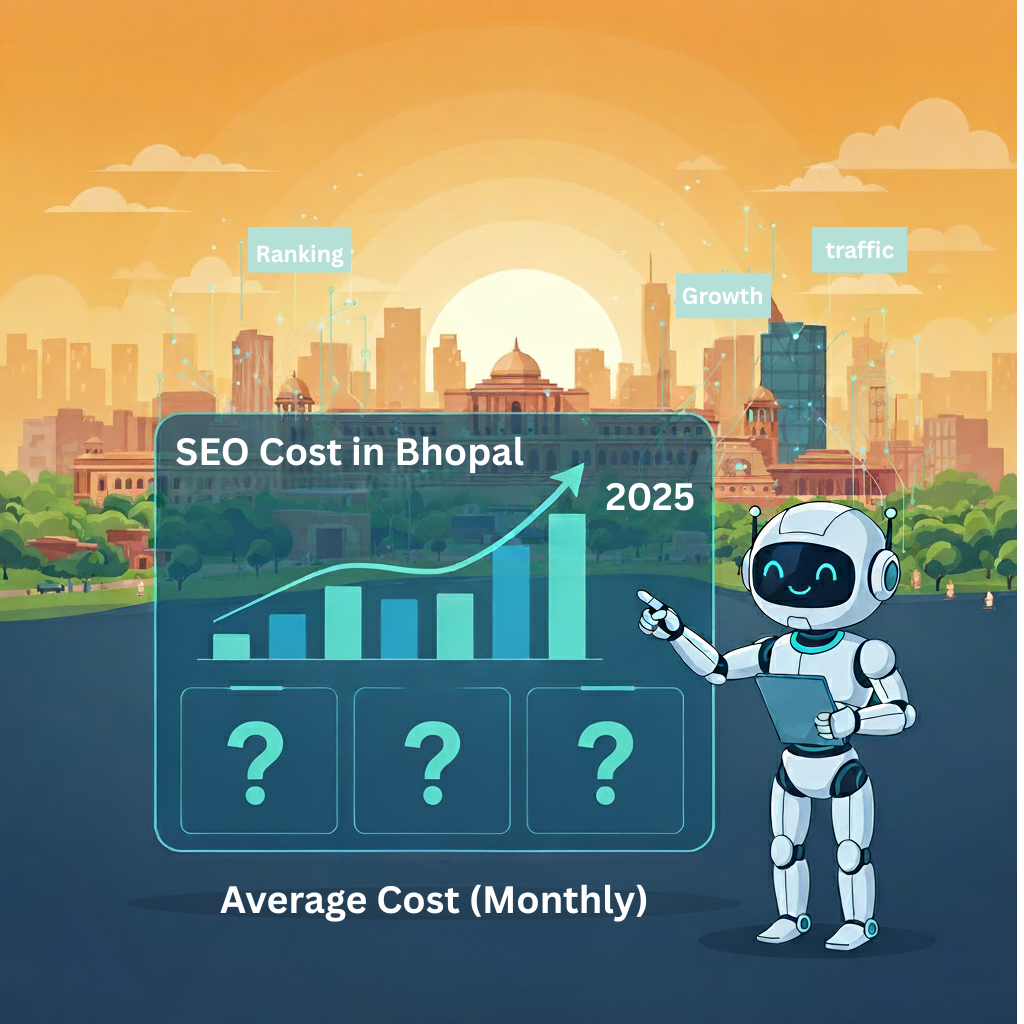Introduction
The boundaries between imagination and reality are disappearing. With OpenAI Sora 2, creators can now turn simple text prompts into ultra-realistic videos complete with motion, texture, and synchronized audio.
At Clickology.co.in, we explore how this groundbreaking technology is transforming storytelling, marketing, and creativity.
What Is OpenAI Sora?
OpenAI Sora 2 is a generative AI model that converts text, images, or short video clips into new videos. OpenAI+2OpenAI+2 It aims to take user prompts and render them as motion — scenes with movement, dynamic transitions, and visual richness. OpenAI+2DataCamp+2
It was first introduced publicly in early 2024. Medium+2OpenAI+2 The version known as OpenAI Sora 2 (released in September 2025) enhances realism, supports synchronized audio, and improves fidelity. Wikipedia+2OpenAI+2
In short: you type what you imagine, and Sora “renders” it in video form.
How Does Sora Work?
Sora blends multiple techniques drawn from both visual diffusion models and transformer architectures. OpenAI+3DataCamp+3Medium+3 Here’s a simplified breakdown:
- Diffusion + Text: It starts with noisy frames and progressively “denoises” them, guided by semantic understanding of the prompt. DataCamp+1
- Temporal Consistency: To ensure coherence across frames (so objects don’t flicker or disappear), Sora reasons about spatial patches over time, not frame-by-frame independently. DataCamp+1
- Prompt Recaptioning / Enhancement: OpenAI Sora 2 may internally refine or expand a user’s text prompt (“re-captioning”) to fill in details or interpret ambiguous parts more richly. DataCamp+2Medium+2
- Multi-modality: Given an input image or video, OpenAI Sora 2 can remix, extend, or transform it in conjunction with the prompt. OpenAI+2OpenAI+2
However, the exact internal architecture and training data are not fully disclosed (as is common with advanced models). Medium+2OpenAI+2
Key Features & Capabilities
Here’s what OpenAI Sora 2 can (and, in some cases, can’t) do:
| Feature | Description |
|---|---|
| Video length & resolution | Up to ~20 seconds at 1080p (for Sora 2) in various aspect ratios (vertical, square, landscape) Zapier+4OpenAI+4OpenAI+4 |
| Multimodal input | Supports text → video, image → video remixing, short video extension OpenAI+2OpenAI+2 |
| Community / feed features | Users can browse a feed of shared AI-generated videos for inspiration OpenAI+2OpenAI+2 |
| Watermarks & traceability | Videos include visible watermarks to discourage misuse; metadata helps with provenance openaisora.video+3OpenAI+3OpenAI+3 |
| Copyright / content control | Initially, copyrighted content could be included unless rights holders opted out. OpenAI has committed to giving more granular control over copyrighted usage in future updates. openaisora.video+3Wikipedia+3DataCamp+3 |
Applications & Use Cases
Sora isn’t just a demo — it has potential in many real-world domains:
- Entertainment & storytelling — concept scenes, storyboards, visualizing narratives without full film production
- Marketing & ads — fast creation of short promotional clips or social media visuals
- Education & simulation — visualizing historical events, scientific processes, or immersive learning modules
- Remixing / creative augmentation — artists can take existing video or images and evolve them into new motion pieces
- Prototyping / ideation — visualize product demos or design mockups in motion
Of course, there are caveats (see “Challenges & Risks” below).
Challenges, Risks & Limitations
Sora is powerful, but it’s not perfect — and there are ethical, technical, and practical issues to watch:
- Artifacts & visual glitches
Some generated videos show distortions, boundary defects, texture inconsistencies, or objects disappearing/appearing abruptly. Medium+3arXiv+3DataCamp+3 - Bias & representational issues
The model can produce biased outputs (e.g. stereotypical roles or underrepresentation of certain groups) based on its training data. WIRED+2Medium+2 - Copyright & content misuse
Using copyrighted elements (characters, music, scenes) raises legal concerns. OpenAI’s prior “opt-out” model drew criticism and it is working on stricter controls. OpenAI+3Wikipedia+3PC Gamer+3 - Deepfake / mis/disinformation risk
Realistic video generation can be misused to create false or misleading content, including impersonation of public or private individuals. openaisora.video+3The Washington Post+3AP News+3 - Temporal limit & consistency
The model is better at short clips; extending coherence over long durations (minutes or hours) remains a technical challenge. DataCamp+2openaisora.video+2 - Opaque model internals
Because we don’t have full transparency into training or architecture, it’s harder to audit or guarantee safety in edge cases. Medium+1
What’s New with OpenAI Sora 2 (2025)
Sora 2 builds on the original by:
- Producing synchronized audio along with video (dialogue, ambient sounds) OpenAI+1
- Enhancing photorealism, sharper textures, improved fidelity OpenAI+2OpenAI+2
- Better “instruction following” — more faithfully interpreting finer user prompt details OpenAI+1
- Rollout is staged (invite / region limitations) with ongoing moderation and control additions Wikipedia+2openaisora.video+2
How to Get Started (for Creators / Developers)
If you want to experiment with OpenAI Sora 2 or integrate it, here’s a rough roadmap:
- Join the Sora preview / beta programs via OpenAI or ChatGPT integrations (availability is limited): openaisora.video+2OpenAI+2
- Use the Sora interface (web app or API playground) to input prompts, preview, remix, refine
- Study example videos in the “Featured / Community” feed to understand prompt styles and possibilities OpenAI+2openaisora.video+2
- Iterate prompts (try different phrasing, more detail, context)
- Combine with external assets (images, short clips) for richer inputs
- Monitor outputs carefully and include safeguard checks (look for artifacts, misalignment, unintended content)
Implications & Looking Ahead
- Democratizing video creation: Sora lowers the barrier to create visual stories — creators without heavy equipment can iterate ideas quickly.
- New content ecosystems: Platforms might emerge around user-generated AI videos, remixing, and collaborative storytelling.
- Regulation & governance: Policymakers, platforms, and creators need to collaborate on IP, deepfake regulation, and accountability.
- AI + multimodal models: Sora is part of a trend toward video-enabled LLMs (VidLLMs), where language + visual grounding come together more tightly.
- Technical push: Efforts to improve physics consistency, long-duration coherence, and real-world logic are active research areas. arXiv+2arXiv+2
Conclusion
OpenAI Sora (and especially Sora 2) represents a bold step in AI’s ability to visualize imagination. By transforming text — even abstract or narrative descriptions — into motion, it blurs the boundary between conception and visual reality. But with that power come deep responsibilities: to protect rights, guard against misuse, and strive for equity in representation.
About Clickology.co.in


Clickology.co.in is your go-to destination for AI, digital marketing, and creative innovation. We provide expert insights, step-by-step tutorials, and actionable strategies that empower creators and businesses to leverage cutting-edge technology for storytelling, engagement, and growth.





